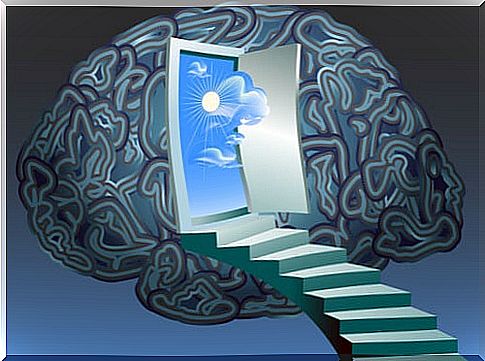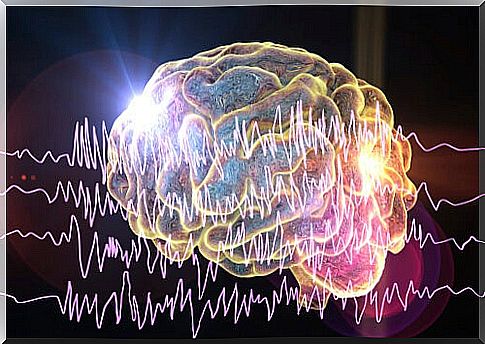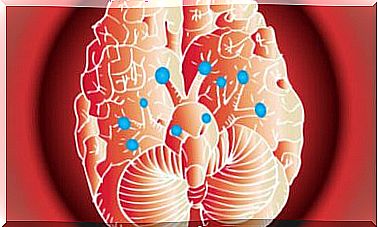Hyperia, A Fascinating Hypothesis Of The New Psychiatry

The hypothesis of hyperia is provocative and provocative at the same time. The concept is the result of work prepared by Dr. Javier Álvarez, a psychiatrist with almost 40 years of practice in the Health System. Specifically, he is currently Head of the Psychiatry Service at the León University Assistance Complex.
Álvarez is one of the pioneers of the trend known as New Psychiatry. This approach departs from the classical concepts of psychiatric science and is currently exploring new avenues. Hyperia is one of them and was exposed in great detail in the book Ecstasy Without Faith , which can be downloaded free of charge.
One of the most interesting aspects of the new psychiatry, and of the concept of hyperia as such, is that it has integrated the knowledge generated by advances in neuroscience.
Classical psychiatry, on the other hand, remains closely tied to the famous DSM, a manual that has been widely criticized around the world. In turn, the new trend recovers the idea that the so-called “mental illnesses” have a decisive subjective and social component.

Hyperia
Hyperia is defined as a psychic brain function, on the same level as memory, intelligence, verbal ability, etc. This function has to do with the activation of a huge number of brain neurons at the same time.
The very word hyperia, etymologically, means ‘excessiveness’. This multiple activation is also called neuronal hypersynchrony.
This phenomenon has several characteristics that are its own. The first is that this multiple activation appears suddenly and without a person being able to control it at will. It just happens and that’s it.
Likewise, it is experienced as an extremely intense experience, while the person who experiences it feels strange, as if something very strange was happening in his head.
This simultaneous discharge can occur in any part of the brain and, depending on where it happens, manifests itself in different ways. It can lead to visual hallucinations , delusions, melancholic inhibition, deep ecstasy, panic attacks, suicidal impulses, and depersonalization, among others.
Epilepsy
The concept of hyperia is closely linked to that of epilepsy. When it comes to epilepsy, what comes to the mind of most are the epileptic seizures that are its most extreme manifestation. However, epilepsy is a disease in which there are many more “partial seizures” than seizures as such.
Let us remember that epilepsy was associated with a demonic manifestation for a long time. The attacks were inexplicable and in the absence of knowledge they were related to a possession, although Hippocrates himself had said it was a brain problem.
Why do we talk about epilepsy? Dr. Alvarado found that in partial seizures of epilepsy, when there are no seizures, the phenomenon called hyperia occurs, that is, a massive and simultaneous activation of brain neurons. In turn, many mystics, artists, the so-called “mentally ill” and many people considered “normal” present a similar picture.

The perspectives
Hyperia is a function and not a pathology. This means that the fact that these types of episodes occur does not mean that there is a malfunction in the brain, but that there was a phenomenon of neuronal hypersynchrony, for many different causes. For Dr. Álvarez, a hallucinatory experience, or delusional, for example, in principle are perfectly normal.
When this phenomenon makes its appearance, those who experience it have the deep conviction that they have achieved clairvoyance, through their intuition. It is also possible that you feel that you have communication with another person or another being, at a distance; that is to say, a kind of telepathy. That this happens, within this perspective, is part of the normal.
Although the hyperia is still in the hypothesis phase, it fits logically into the puzzle we already know. There is still a long way to go, but, without a doubt, this perspective could have a very important impact, particularly in the field of psychiatry.
Hyperia calls into question the concepts of health and mental illness, but it also opens other avenues for traditional treatments, as it is more oriented to address antiepileptic medication, than antipsychotic one. We will surely hear a lot about this concept in the years to come.









